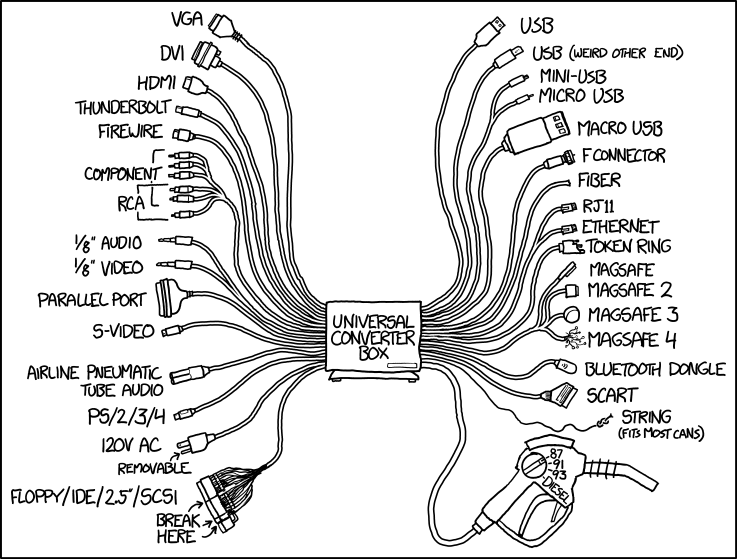Usercorn depends on Go 1.5 or newer, as well as the latest unstable versions of Capstone, Unicorn, and Keystone.
make deps will attempt to install all of the above into the source tree.
make will update Go packages and build usercorn
Additional binaries such as repl, imgtrace, and shellcode can be built with make all
usercorn bins/x86.linux.elf
usercorn bins/x86_64.linux.elf
usercorn bins/x86.darwin.macho
usercorn bins/x86_64.darwin.macho
usercorn bins/x86.linux.cgc
usercorn bins/mipsel.linux.elf
- Userspace and kernel emulator.
- Backed by Unicorn.
- Similar to qemu-user.
- Unlike qemu-user, does not require the same OS for which the binary was built.
- Usercorn has an abstract kernel interface making it very easy to build kernel and syscall emulation.
Usercorn could be used to emulate 32-bit and 64-bit arm/mips/x86/sparc binaries on linux, darwin, bsd, DECREE, and even toy OSes like Redux.
Right now, x86_64 linux and DECREE are the best supported guests.
- Usercorn aims to be a framework to simplify emulating and deeply hooking a userspace environment for many target architectures and kernel ABIs.
- I regularly build new tools on top of Usercorn, which can be found in the cmd/ directory. I'm also always willing to talk about it in great depth if you want to track me down on Twitter.
- Seriously go look at the tool source. It's really easy to build interesting tools on top of Usercorn, so go make my day by submitting a PR out of the blue or asking questions.
- Debug stubborn binaries. I had a binary gdb refused to debug ("Program exited during startup."). No problem. Usercorn can single-step into the program for you.
- Debug foreign architecture and OS binaries. You don't need a MIPS box. You don't need qemu-user. You don't even need Linux.
- Write tools, like fuzzers, static analyzers, recompilers, memory and register tracing...
- Selectively call functions from within a binary.
- Whatever you want. Open an issue if you have a cool debugging / reverse engineering idea I didn't think about - I may just implement it.
- Your userspace might be incredibly confusing to the target binary.
- No API for memory mapped files yet (kinda, if mmap() currently gets a file descriptor argument it will manually copy the file into memory).
- I only have maybe 20% of the posix syscalls implemented, which is enough to run basic binaries. Busybox works great. Dynamically linked stuff not so much. I keep breaking this, and I probably need to rework the TLS and x86 segment stuff again.
